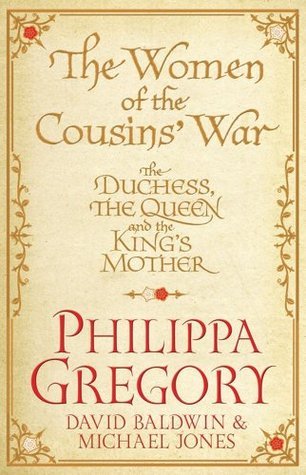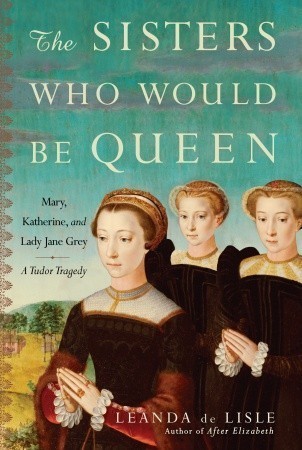
The Women of the Cousins' War: The Duchess, the Queen and the King's Mother
Book Description
Three fierce women, bound by blood yet divided by ambition, navigate treachery and betrayal in a world where power is everything. As the shadows of war loom over England, the Duchess of York, the Queen of England, and the King's mother clash in a relentless battle for supremacy. Each woman wields influence through cunning and grace, forging alliances and rivalries that will shape the very course of history. In a tapestry woven with loyalty, sacrifice, and heartbreak, who will emerge victorious to claim the crown? The stakes are high, and destiny waits for no one. Which woman's fate will alter the kingdom forever?
Quick Book Summary
"The Women of the Cousins' War: The Duchess, the Queen, and the King's Mother" by Philippa Gregory, with David Baldwin and Michael Jones, illuminates the lives of three extraordinary women at the heart of England's War of the Roses: Jacquetta of Luxembourg, Elizabeth Woodville, and Margaret Beaufort. Through meticulously researched biographies, the book reveals how each woman navigated love, power, and peril in a volatile, patriarchal era. Their stories, marked by strategic marriages, political cunning, and personal resilience, offer a nuanced perspective on the machinations behind royalty and the shaping of British history. By documenting their struggles and triumphs, Gregory and her co-authors underscore the vital yet often overlooked roles women played in shaping the outcome of one of England's most tumultuous periods.
Summary of Key Ideas
Table of Contents
Navigating Power in a Male-Dominated Society
Jacquetta of Luxembourg, the Duchess of Bedford, emerged from European nobility to become a central figure in English court politics. Through her marriages—first to the Duke of Bedford and then to Richard Woodville—she accrued both influence and notoriety, maneuvering against accusations of witchcraft and remaining loyal to the Lancastrian cause. Her resilience ensured her family's eventual elevation. Jacquetta’s story dispels myths and highlights how strategic alliances could empower women even in dangerous times.
Family, Ambition, and Political Rivalries
Elizabeth Woodville, Jacquetta’s daughter, became Queen of England through her union with Edward IV. Her unexpected rise from widowhood to royalty underscored her determination and adaptability. Elizabeth faced relentless hostility from the political elite who questioned her legitimacy and motives. By leveraging family networks to secure key positions at court, she sought to safeguard her children's futures, even as dynastic struggles and shifting allegiances threatened her security and that of her descendants.
Female Influence in the Wars of the Roses
Margaret Beaufort, mother of Henry VII, overcame personal tragedy and marginalization to become one of the era’s most formidable political operators. Orchestrating alliances from behind the scenes, she devoted her life to securing her son’s claim to the throne. Margaret’s tenacity, faith, and shrewd maneuvering ultimately laid the groundwork for the Tudor dynasty, illustrating the profound, often behind-the-scenes power wielded by determined women in a patriarchal world.
Legacy, Mythmaking, and Historical Record
The biographies explore how these women's ambitions, relationships, and rivalries intertwined, fueling the conflict and influencing royal succession. The authors probe the blurred boundaries between loyalty and self-preservation, highlighting how familial bonds were both sources of support and conflict. Their choices and sacrifices were often dictated by the precarious balance of power, personal ambition, and political necessity during the Wars of the Roses.
Beyond personal histories, the book discusses the broader legacy of these women and the challenges of separating myth from fact. The authors investigate the roles of chroniclers, historians, and novelists in shaping public perception, emphasizing the importance of retrieving women’s authentic voices from the shadows of history. In so doing, they reveal how Jacquetta, Elizabeth, and Margaret’s decisions reverberated through centuries, changing the course of English monarchy and challenging notions about women’s agency in medieval society.
Download This Summary
Get a free PDF of this summary instantly — no email required.





